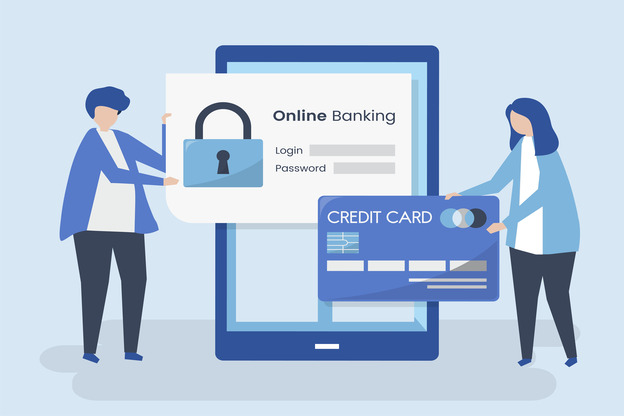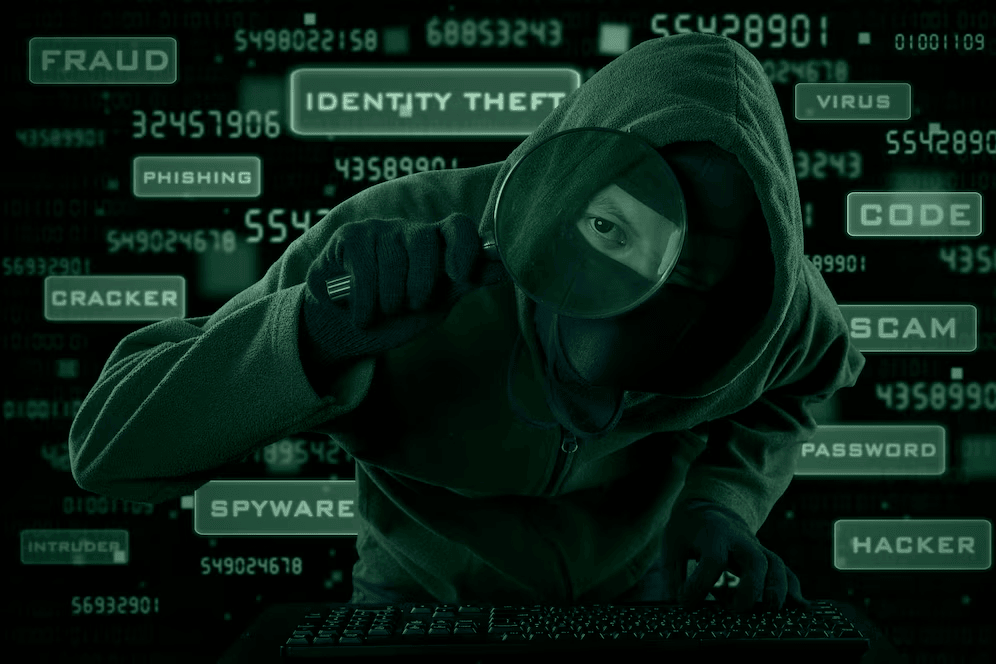
Using VPN for Online Banking
If you’re a VPN user, you’ve probably experienced this frustrating scenario. You try to log into your bank account and get hit with a “suspicious activity detected” message or find yourself locked out entirely. Your VPN, which protects your privacy everywhere else online, suddenly becomes a limitation when it comes to banking.
Banks actively block VPN connections and there’s a good reason for it. But that doesn’t mean you have to choose between financial access and online privacy. Understanding when to keep your VPN on and when to temporarily disconnect can save you hours of frustration.
Let’s dive into the practical reality of using VPNs with banking services and explore how different types of financial transactions handle security.
Why Banks Block VPN Connections
Banks aren’t trying to make your life difficult when they block VPN traffic. From their perspective a connection coming from a data center in Romania when you live in Texas looks exactly like a potential security threat.
Security and Fraud Prevention
Financial institutions use sophisticated fraud detection systems that analyze your typical login patterns. These systems look at your usual IP address, geographic location and device fingerprints. When you connect through a VPN, you’re essentially telling the bank you’re logging in from somewhere completely different than usual.
The bank’s automated systems can’t tell the difference between you using a VPN for privacy and a cybercriminal who has stolen your credentials and is trying to access your account from another country. So they err on the side of caution and block the connection.
Regulatory Requirements
Banks operate under strict regulatory frameworks that require them to know where their customers are located. Anti-money laundering laws and Know Your Customer regulations mean banks need to verify not just who you are, but where you’re accessing your account from.
When you use a VPN, you’re masking your real location, which can trigger compliance concerns. Some banking services are only licensed to operate in specific regions, making location verification a legal requirement rather than just a security preference.
When You Should Disconnect Your VPN for Banking
Not all banking activities are created equal. Some require you to disconnect your VPN, while others work fine with it enabled.
Critical Banking Activities
Account setup and identity verification processes almost always require you to disconnect your VPN. Banks need to verify your actual location during these processes and VPN connections will typically cause immediate rejection.
Large transfers, wire transactions and loan applications also tend to trigger additional security checks. If you’re moving significant amounts of money or applying for credit, banks want to be absolutely certain about your identity and location.
Customer service interactions can be particularly tricky with VPNs enabled. When you call your bank and they ask you to log into your account for verification, having a VPN connection that doesn’t match your phone’s area code can create confusion.
Warning Signs You Need to Disconnect
Your bank will usually give you clear signals when your VPN is causing problems. Repeated login failures despite entering correct credentials are a dead giveaway. If you’re getting locked out of your account or seeing “unusual location” warnings, it’s time to disconnect.
Two factor authentication problems can also indicate VPN conflicts. Some banks tie their SMS or app based authentication to your expected location and VPN connections can interfere with this process.
Safe Disconnection Practices
When you do need to disconnect your VPN for banking, make sure you’re on a secure network. Never disconnect your VPN to bank on public WiFi. If you’re away from home, consider using your mobile data connection instead.
The moment you finish your banking session, reconnect your VPN. Don’t leave yourself exposed longer than necessary. Set a phone reminder if you need to, but get that protection back in place quickly.
When VPN Use is Safe for Banking
The good news is that many routine banking activities work perfectly fine with VPN connections enabled.
Routine Banking Tasks
Checking your account balance, reviewing transaction history and paying regular bills typically don’t trigger VPN blocks. These activities are considered low risk by most banks, especially if you’re doing them regularly from the same VPN server.
Mobile banking apps are often more VPN friendly than web browsers. Banks seem to have more relaxed policies for their official apps, possibly because the app itself provides additional security verification.
Public WiFi Protection
This is where VPNs become absolutely essential for banking. If you must access your bank account while connected to public WiFi, never do it without VPN protection. Hotel networks, airport WiFi and coffee shop connections are prime targets for cybercriminals looking to intercept banking credentials.
The encryption your VPN provides is your only defense against man in the middle attacks on these networks. In this case, if your bank blocks the VPN connection, it’s better to wait until you have access to a secure network than to bank without protection.
How Ecommerce Handles Security Differently
While banks take a restrictive approach to VPN connections, online retailers and ecommerce platforms have found more user friendly ways to balance security with privacy.
The Ecommerce Approach
Online shopping sites generally don’t block VPN users because they understand that privacy conscious customers are often their best customers. Instead of blocking connections based on location, they use other methods to verify legitimate transactions.
Ecommerce platforms focus on transaction patterns, payment method verification and user behavior analysis rather than simply blocking VPN traffic. This creates a much better experience for privacy focused shoppers.
Identity Verification in Online Transactions
When ecommerce sites do need additional security verification, they typically use identity verification services rather than location blocking. For high value purchases, age restricted products or new account creation, many platforms now use document verification systems.
Services like GetID allow ecommerce platforms to verify customer identities through document scanning and biometric verification without requiring users to disable their privacy tools. This approach provides strong security while respecting user privacy preferences.
This method is particularly effective for age verification on sites selling alcohol, tobacco or other restricted products. Instead of trying to guess user location through IP addresses, these platforms can definitively verify age through government issued identification.
Benefits for VPN Users
The identity verification approach used by modern ecommerce platforms offers significant advantages for VPN users. Once you’ve verified your identity with a platform, you can shop normally without constantly disconnecting your VPN.
This creates a much smoother user experience compared to traditional banking restrictions. You get the security benefits of identity verification without sacrificing your privacy or dealing with connection issues.
Best Practices for VPN Users
Managing VPN use with financial services requires a strategic approach rather than an all or nothing mentality.
Banking Strategies
Keep a list of which banks work well with your VPN provider and which ones consistently cause problems. Some banks are more VPN friendly than others and this can influence your choice of financial institutions.
If your VPN provider offers dedicated IP addresses, consider using one for banking. This gives you a consistent IP address that your bank can learn to trust over time, reducing the likelihood of triggering fraud detection systems.
Contact your bank’s customer service to ask about their VPN policies. Some banks can whitelist specific IP ranges or make notes on your account about your VPN usage, reducing future conflicts.
Ecommerce and Online Transactions
Take advantage of platforms that use modern identity verification systems instead of location blocking. These services provide better security while respecting your privacy choices.
Keep your identification documents easily accessible for verification when needed. Having your driver’s license or passport ready for document verification can speed up the process significantly.
Choose payment processors and platforms that explicitly support privacy tools. Some companies are more privacy friendly than others and supporting these businesses encourages better practices across the industry.
The Future of Privacy and Financial Security
The conflict between VPN use and banking access isn’t permanent. Technology is evolving to provide better solutions that protect both security and privacy.
Advanced fraud detection systems are becoming better at distinguishing between legitimate VPN users and actual threats. Some banks are already implementing more sophisticated analysis that looks at behavior patterns rather than just IP addresses.
Identity verification technology is also improving, offering banks and other financial services better ways to verify customers without restricting their privacy tools. As these technologies become more widespread, the need to disconnect VPNs for financial activities should decrease.
The key is finding the right balance between security and privacy. By understanding when VPN disconnection is necessary and when it’s not, you can maintain your online privacy while still accessing the financial services you need.
Remember that your privacy and security aren’t mutually exclusive. With the right approach and tools, you can have both.





